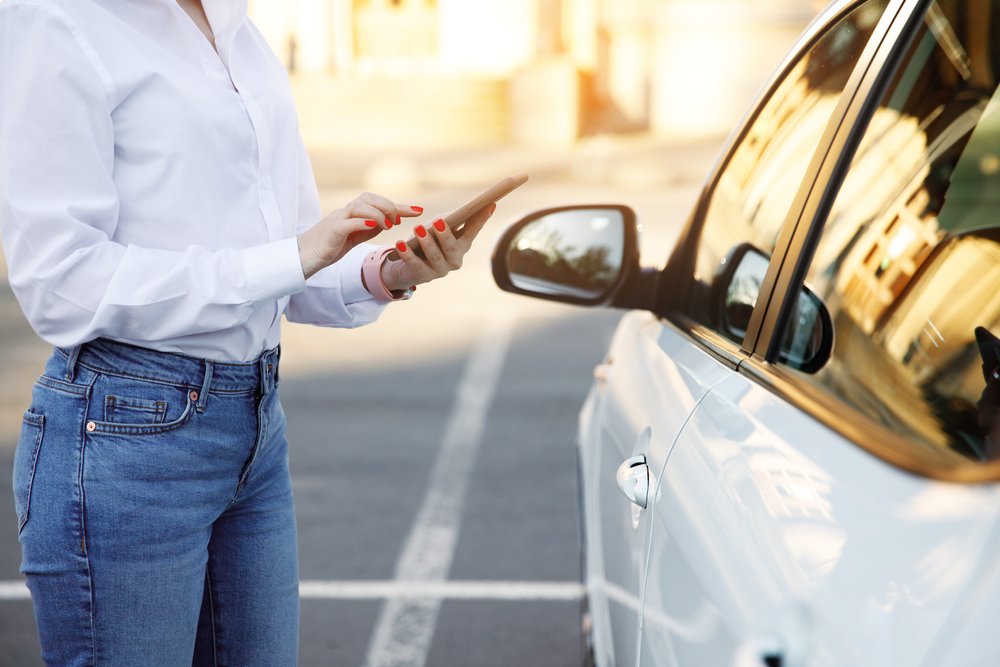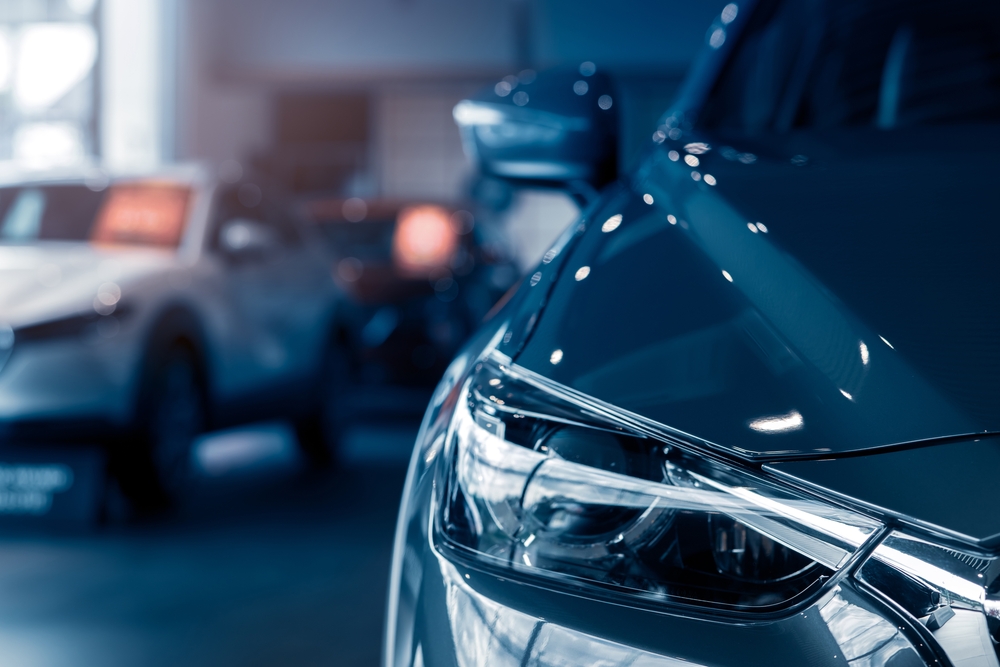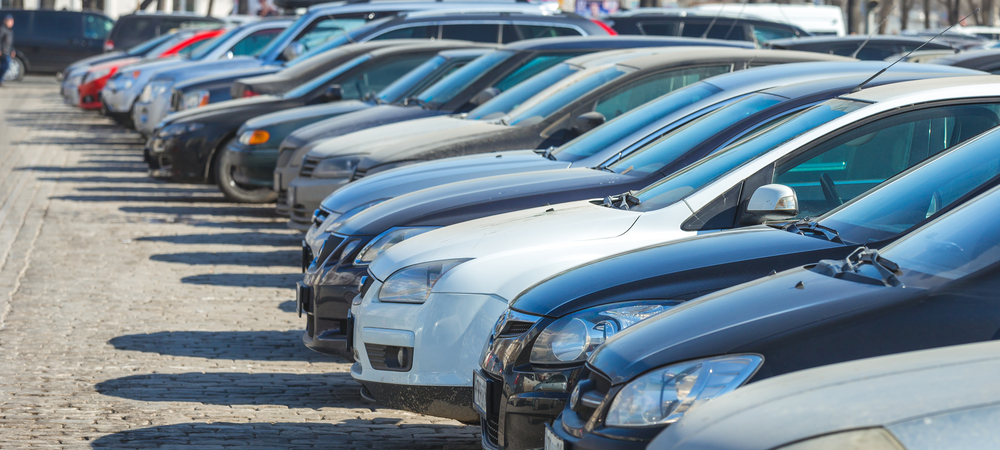Transformation of Driving Habits: 25-30% More People Used Carsharing in 2023

Image by Shutterstock.com
Three domestic carsharing providers, GreenGo, Wigo (known as Share Now) and MOL Limo, have collectively driven more than 70 million kilometers since their launch. In terms of the user base, the providers reported an increase of around 25-30% last year. Car ownership habits are changing dramatically, with more and more families foregoing multiple cars due to cost and environmental concerns, and companies' approach to fleet management is also going through a transformation. According to experts from the Future Mobility Alliance, carsharing services can help to address these very situations: they can replace the second or third car in the family and companies are increasingly open to carsharing subscriptions instead of company cars.
All three market players are working to continuously increase the service areas, with the aim of making carsharing a real alternative to ownership. To this end, several outlying districts and agglomeration towns of Budapest have already joined the system, so that people living in these areas can also use the carsharing services.
Surveys have shown that on average 96-98% of cars are left sitting on the street every day, and a significant proportion of the time they are driven is not even useful, due to the race for parking spaces. As shared cars are much less parked than private cars, the more widespread they become, the more parking spaces they free up - experts estimate that shared cars can replace up to 6-12 private or company-owned cars in urban traffic, reducing congestion, the number of occupied parking spaces and the size of traffic jams.
This is increasingly being recognized, as the number of users of the three national car-sharing companies increased by 25-30% in 2023, with a similar increase in the number of drivers and kilometers driven. For example, Wigo's cars have driven users 175 times around the world in terms of mileage.
Last year, carsharing for business use grew at a higher rate than private use, with an average increase of 65% across the three providers. A total of nearly 1,500 cars can be driven on Budapest's roads on a per-minute and/or per-kilometer basis, with an average age ranging from one to three years depending on the provider, compared to almost 16 years for private cars. More than 40% of the three carsharing fleets in Budapest are purely electric (100% electric in the case of GreenGo), but they also offer a number of hybrid models.
According to András Kárpáti, president of the Future Mobility Alliance, the aim is to integrate carsharing more closely into the metropolitan transport system, so that carsharing can provide a sustainable alternative to car ownership for more people. Carsharing providers and the alliance share the goal of allowing carsharing cars to park in residential parking spaces in the future, as currently, people living in the most transport-critical inner-city districts are unable to park in their own neighborhoods even if they forego car ownership and use carsharing.
At the same time, additional services are becoming more and more adapted to users' needs: carsharing cars can now be ordered to a home, vans can be hired for moving house, longer periods of time can be booked for the car of your choice and services are increasingly personalized. In fact, several providers now offer the possibility to start or end a journey directly at the airport.
While when carsharing services first started in Hungary, it was mainly worthwhile for people with relatively low mileage per year, but as car maintenance costs increase, it is becoming increasingly worthwhile to use a carsharing car instead of your own, even if you drive up to 18,000 kilometers per year, the alliance notes. With GreenGo's calculator, anyone can now work out whether it is worth maintaining their own car at their current driving habits or whether they would be better off using a carsharing car.
"One of the key aims of the Future Mobility Alliance is to make it widely accepted that a different mode of transport is best for every situation. The more we can combine different means of transport, the more efficient and stress-free we can travel," says András Kárpáti, president of the alliance.
"One element of this is carsharing, but equally sometimes a private or shared scooter/bike or even a bus serves our purposes best," he adds.
SUPPORT THE BUDAPEST BUSINESS JOURNAL
Producing journalism that is worthy of the name is a costly business. For 27 years, the publishers, editors and reporters of the Budapest Business Journal have striven to bring you business news that works, information that you can trust, that is factual, accurate and presented without fear or favor.
Newspaper organizations across the globe have struggled to find a business model that allows them to continue to excel, without compromising their ability to perform. Most recently, some have experimented with the idea of involving their most important stakeholders, their readers.
We would like to offer that same opportunity to our readers. We would like to invite you to help us deliver the quality business journalism you require. Hit our Support the BBJ button and you can choose the how much and how often you send us your contributions.











